Description
PROVINCE: Caranavi
COLONY: Villa Rosario
ALTITUDE: 1,550 -1,650m above sea level
VARIETALS: Caturra
PROCESSING: Washed
PRODUCER: Pedro Flores
In the cup: Clean and transparent, with juicy acidity and great depth of sweetness. Mandarin, red grape and cherry.
This coffee was produced by Pedro Flores in the ‘colony’ or settlement of Villa Rosario, which is located the heart of the Caranavi province. This region is the epicentre for coffee production in Bolivia, with incredibly high altitudes, rich soil and wide daily temperature ranges providing the perfect conditions to produce exceptional quality coffee.
Pedro’s farm, El Mirador, is 10 hectares in size and is located 1,550 – 1,650m above sea level. The farm is planted with heirloom Caturra, Catuaí, and Typica varieties, and harvest runs from May to September, peaking in June and July. The coffee trees grow in a rich clay soil under the protective shade of native forest trees, whose heavy leaf fall creates a natural mulch fertiliser, and whose canopy provides an important habitat for the many bird and insect species in the area.
Pedro Flores was born in the province of Aroma, in the city of La Paz. When he was 6 years old, he moved with his family to Caranavi. During that time there was a crisis in the mining sector, as the commodity price for minerals were very low. To try to boost the economy, and support the poorest communities in Altiplano (a town above La Paz), the government gave free parcels of land in Caranavi to the very poorest families, in order to encourage them to move out of La Paz and find other ways to build a living.
Pedro was gifted his family’s farm when he was just 14 years old, and after completing a year of military service at the age of 18, Pedro began growing coffee (as well as tomatoes and citrus fruit on his farm). Over the last decade Pedro Flores has begun to focus on specialty coffee and has processed and sold his coffee to Agricafe. Agricafe is a Bolivian family business which produces coffee from its own farms and sources high quality micro-lots from small producers of the Yungas region, like Pedro.
ABOUT AGRICAFE
Agricafe initially entered the coffee industry in 1986, when Pedro Rodriguez decided to ditch his suit and his accounting job to pursue his passion for agriculture. Over the last three decades, Pedro has worked tirelessly to build the production of, and market for, Bolivian specialty coffee, helping hundreds of local farmers recognise and realise the potential of their land and crops. He works alongside his daughter Daniela, in charge of the marketing and operations, and his son Pedro Pablo, who graduated in Agriculture. The trio’s mission is to restore and improve Bolivian coffee by launching producer training programs and planting new coffee farms across the regions of Caranavi and Samaipata.
The family’s journey in coffee has been a tough one. Despite its international recognition and highly sought-after coffees, production of coffee in Caranavi (and across Bolivia more broadly) has fallen dramatically in recent years. A combination of ageing coffee plantations, unsophisticated farming techniques and leaf rust have contributed to dramatically reduced yields, and this, combined with the competing coca industry (which is illegal in Caranavi but appealing as it is more lucrative for farmers), has seen coffee production more than halve over the last five years. To try to save coffee production in Bolivia and build a more sustainable future for it the Rodriguez family started a project called Sol de la Mañana.
Pedro Flores is a member of the Sol de la Mañana program, and joined in 2015.
ABOUT SOL DE MANANA
The first of its kind in the country, the Sol de la Manaña program is aimed at sharing knowledge and technical assistance with local producers to create better quality coffees in higher quantities. By doing so Agricafe hopes that coffee production can be a viable and sustainable crop for producers in the region for many years to come.
Members of the program follow a very structured series of courses, starting with the basics. The curriculum focuses on one aspect of farming at a time, and covers things such as how to build a nursery, how and when to use fertiliser, how to prune, has how to selectively pick coffee. Agricafe also hosts workshops with leading agronomists throughout the year. These forums allowed the producers to meet one another, share their experiences and discuss ways to tackle problems they are experiencing. Over time the producers have become more experienced and confident and actively sharing their learning with each other.
The results of this program have been profound, with improved quality and quanties for all participating producers. In addition, the producers have become more confident and proactive and engaged as a community and are sharing their learnings and experiences with each other. Daniela explains that this is where the program becomes really powerful: “We are giving them the tools and know-how, but they are actively choosing to follow our advice and invest in their farms. Now they can see the results, they trust us 100% and helping their neighbours achieve similar results.”
(Info courtesy of MCM)
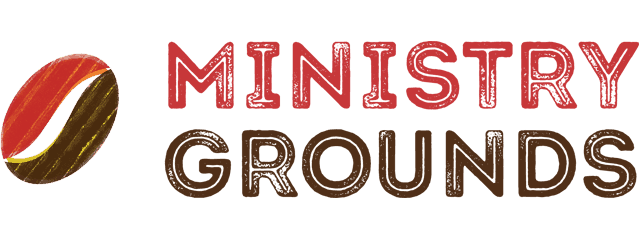
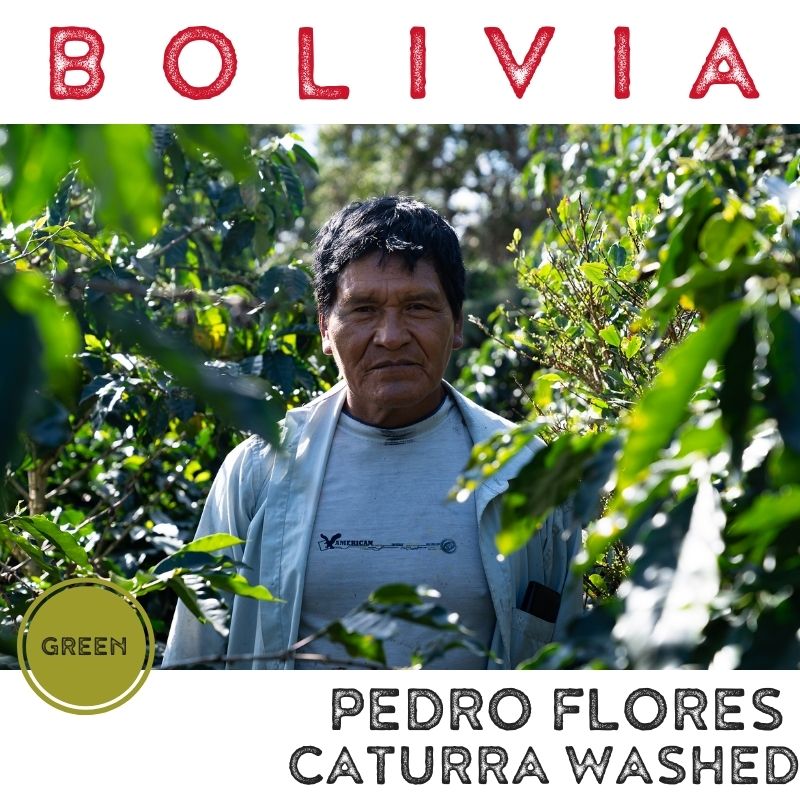
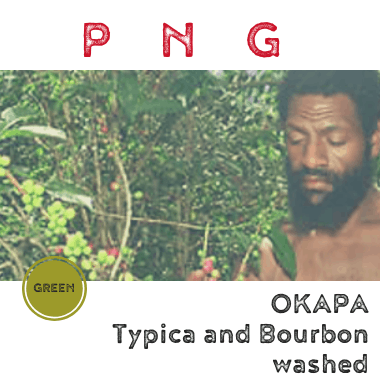

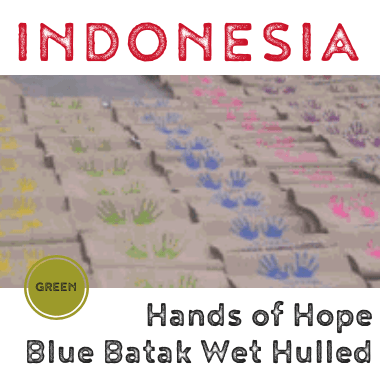
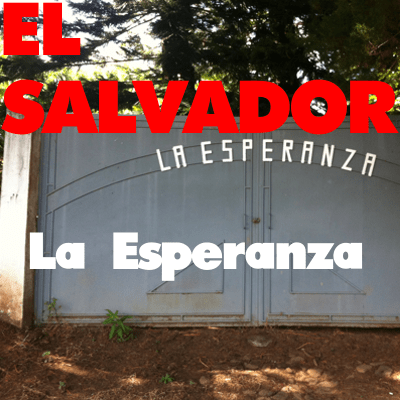
Reviews
There are no reviews yet.